
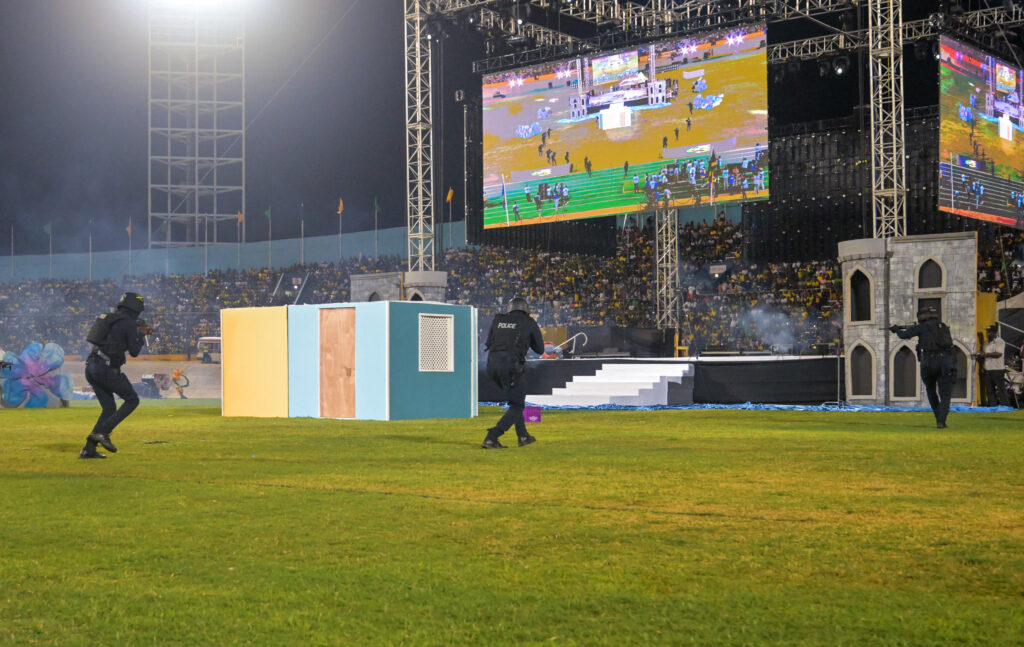
In the annual rush of Emancipendence celebrations, be they galas, concerts or cultural showcases, it is easy to mistake national pride for national progress.
The waving of flags and the chorus of the national anthem offer symbols of freedom.
But symbols, while stirring, are not sufficient. They must be animated by structures, values, and institutions that deliver on the promise they represent.
Police Commissioner Dr Kevin Blake, in his most recent column, uses the occasion of Jamaica’s 63rd year of independence to recalibrate our understanding of freedom. His message is a reminder that sovereignty demands stewardship, and the Jamaica Constabulary Force (JCF) plays a vital, often misunderstood, role in that process.
Dr Blake writes, “For us in the JCF, Independence Day goes beyond a national holiday. It is a poignant reminder of the role we play in protecting and preserving the very sovereignty that our ancestors dreamed of and fought for.”
These are not perfunctory words. They are a challenge to the public and rank-and-file police personnel to reflect on the evolving function of law enforcement in a modern postcolonial state.
The commissioner turned attention to 1962, not only as the year of Jamaica’s formal independence, but as the origin point of a new institutional purpose.
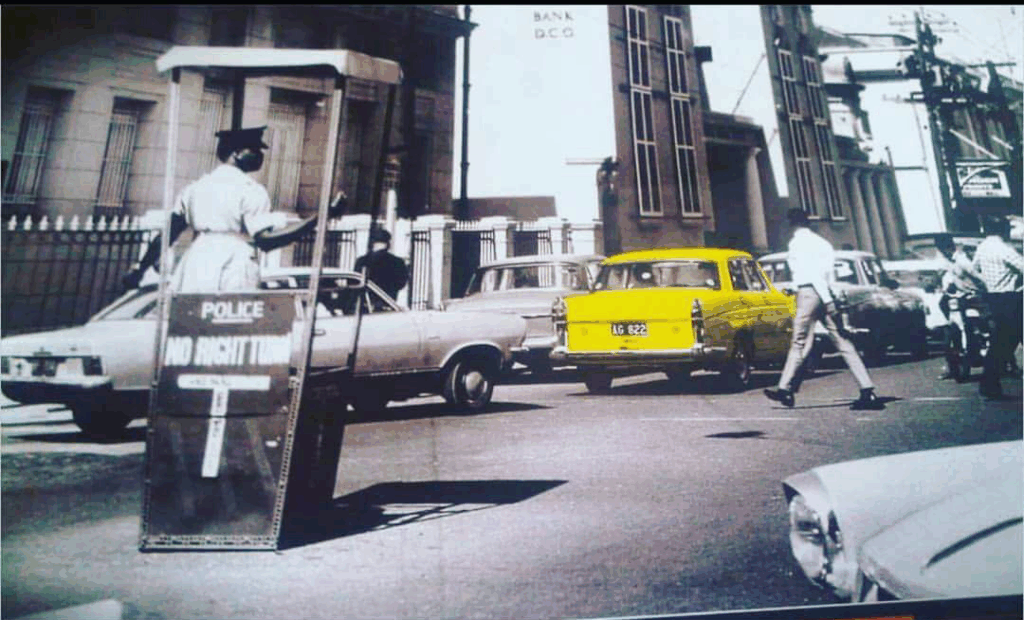
“When Jamaica raised its black, green, and gold flag on August 6, 1962… The JCF, which had served under colonial authority, was now called upon to serve the people of a free Jamaica with honour, fairness, and
integrity.”
The shift in allegiance from empire to people required more than a change in command. It required a reimagination of what policing means in a democratic society.
From that moment to now, the evolution of the JCF has mirrored the struggle of the nation itself: to move from inherited systems to locally grounded practices, from enforcement to empowerment, from obedience to trust.
“This transformation in purpose … marked the beginning of our evolution from enforcers of order to guardians of democracy,” the commissioner explains. That evolution continues, not as abstract reform, but as operational reality.
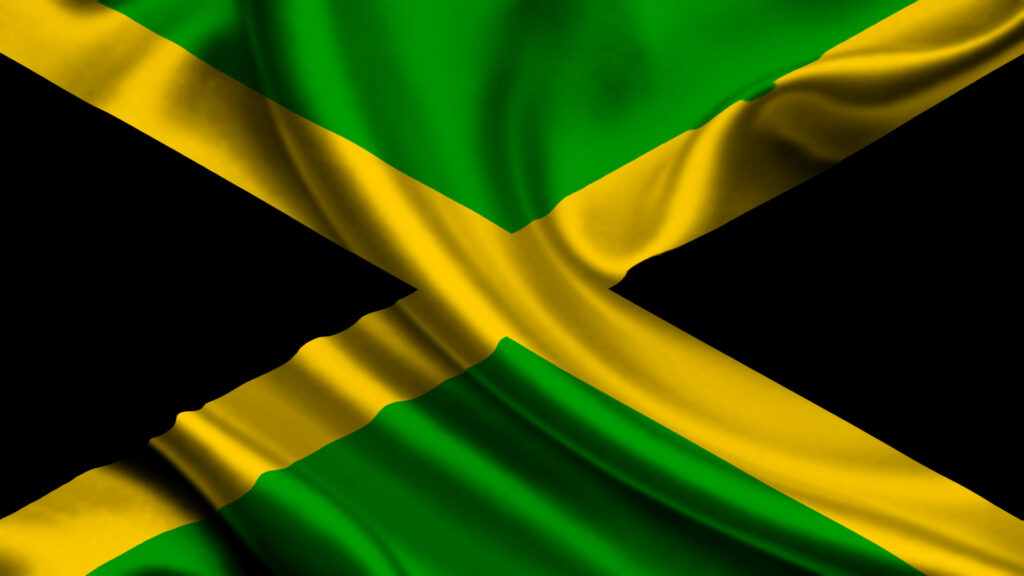
For Commissioner Blake, policing, in this framework, becomes a pillar of national development.
“We are a significant pillar in the nation-building ecosystem, as much as we are peacekeepers and law enforcers.” This statement recasts the function of the Force. Every patrol, every interaction, every investigation is no longer an isolated task. It is a deliberate act of strengthening the democratic fabric. “Every patrol must be purposeful; and every investigation must be executed with that purpose in mind.” Public safety is not merely the absence of violence. It is the presence of trust, legitimacy, and participation in the life of the nation.
Dr Blake does not romanticise the work. He is aware that policing, in this context, is not just difficult; it is essential and consequential.
“Let us always remember the larger picture every time we offer words of comfort to a grieving mother, and every child we steer away from violence.”
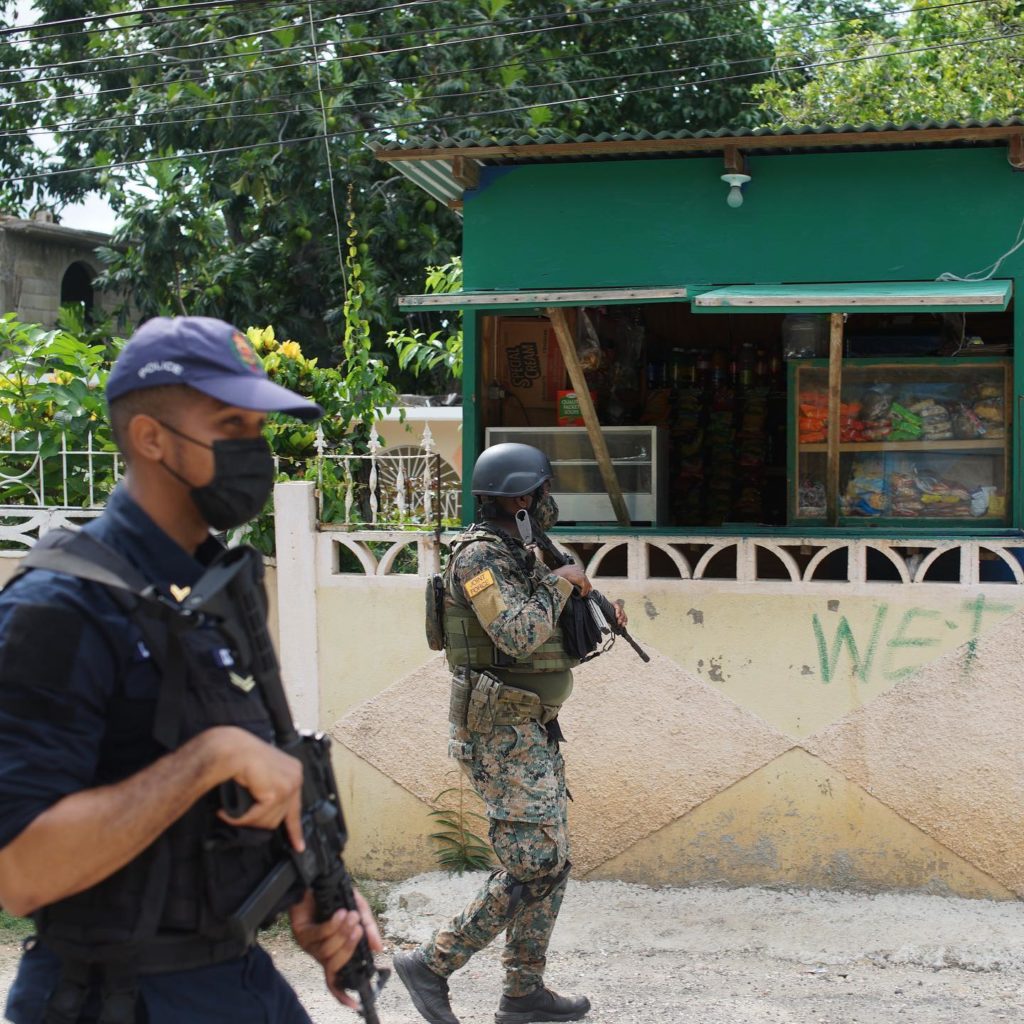
These are moments in which national values are affirmed, not in parliament or policy, but in human interaction. They are the frontline of state legitimacy.
What, then, is independence? It is not merely the commemoration of the past but the assertion of values in the present. “True independence is the ability of a people to govern themselves responsibly, uphold justice impartially, and build communities where all citizens can thrive.”
Policing plays an inescapable role in this definition. Not as a blunt instrument of control, but as a
facilitator of civic peace.
The commissioner puts it plainly: “We have the awesome responsibility of protecting the dream of a nation. A dream that we cannot allow miscreants to prevent us from realising.”
This vision does not allow for bureaucratic complacency or historical nostalgia. It demands performance. It demands transformation. And it demands reflection.
Dr Blake quite rightly explains that “Our continued transformation as a force is part of the national transformation. The better we become, the stronger Jamaica becomes.”
For him, this is a significant articulation of institutional accountability.
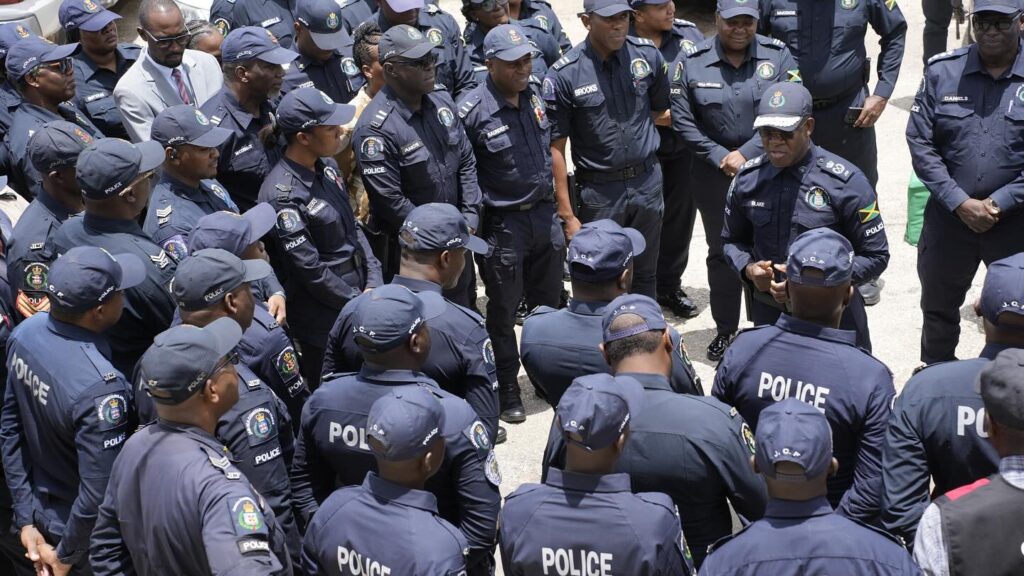
And so, the message is clear. Jamaica’s independence must not be viewed as mere political inheritance. We must view it as a living commitment. Every institution bears responsibility for that commitment, none more so than the security forces. When the JCF modernises, when it builds ethical leadership, when it strengthens its investigative competence, it is not simply improving itself. It is strengthening the scaffolding of democracy.
Let there be celebrations. Let there be flags. But let there also be work. Because independence was never meant to be a moment. It was always meant to be a mission.

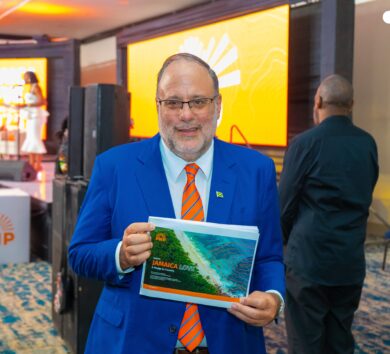
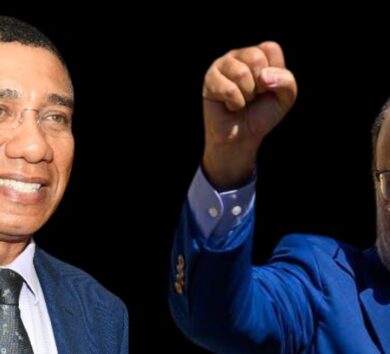
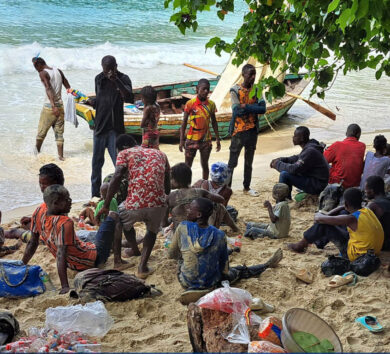


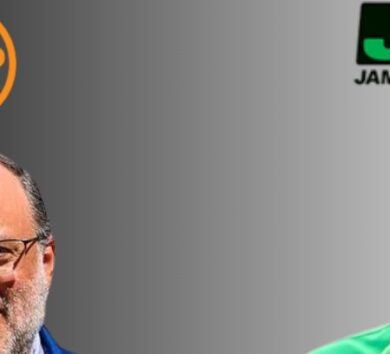
Comments